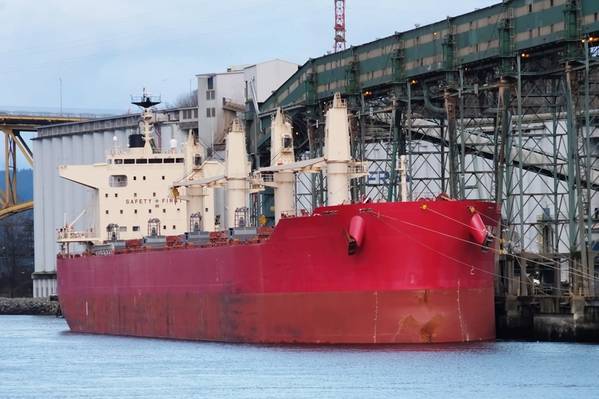
The western oil- and grain-producing province of Alberta on Monday urged Canadian Prime Minister Justin Trudeau to do all he could to head off potentially devastating strikes by railway and port workers.
Staff represented by the Teamsters union voted overwhelmingly this month to strike as early as May 22. Railways are critical to Canada's economy, due to its vast geography and exports of grain, potash and coal.
Further to the west, talks between management and unions at the port of Vancouver have hit an impasse.
"Any work stoppage affecting our railways and ports would be crippling for our national economy and North American supply chains," Alberta Premier Danielle Smith said in a letter to Trudeau that was released by her office.
Smith said Ottawa had to do all it could to help the parties in both disputes reach negotiated settlements.
"In the event of a work stoppage, your government must be prepared to use all the tools at its disposal to terminate it rapidly, including, if necessary, back-to-work legislation," said Smith, one of Trudeau's main domestic political opponents.
The ruling center-left Liberals could present a draft law to force striking workers back to work but in the past have shown little interest in doing so.
Asked about a possible Vancouver port strike, the office of Labour Minister Seamus O'Regan said: "Our government believes in collective bargaining." O'Regan last week asked the Canada Industrial Relations Board to look at whether a rail strike might have safety implications.
Until the board has issued a decision, the strike by workers at Canadian National Railway and Canadian Pacific Kansas City cannot start. The board on Monday asked for submissions by the end of business on May 21 and could take weeks to act.
The unions are currently negotiating contracts and asking for better wages and working conditions.
(Reuters - Reporting by David Ljunggren; Editing by Josie Kao)



